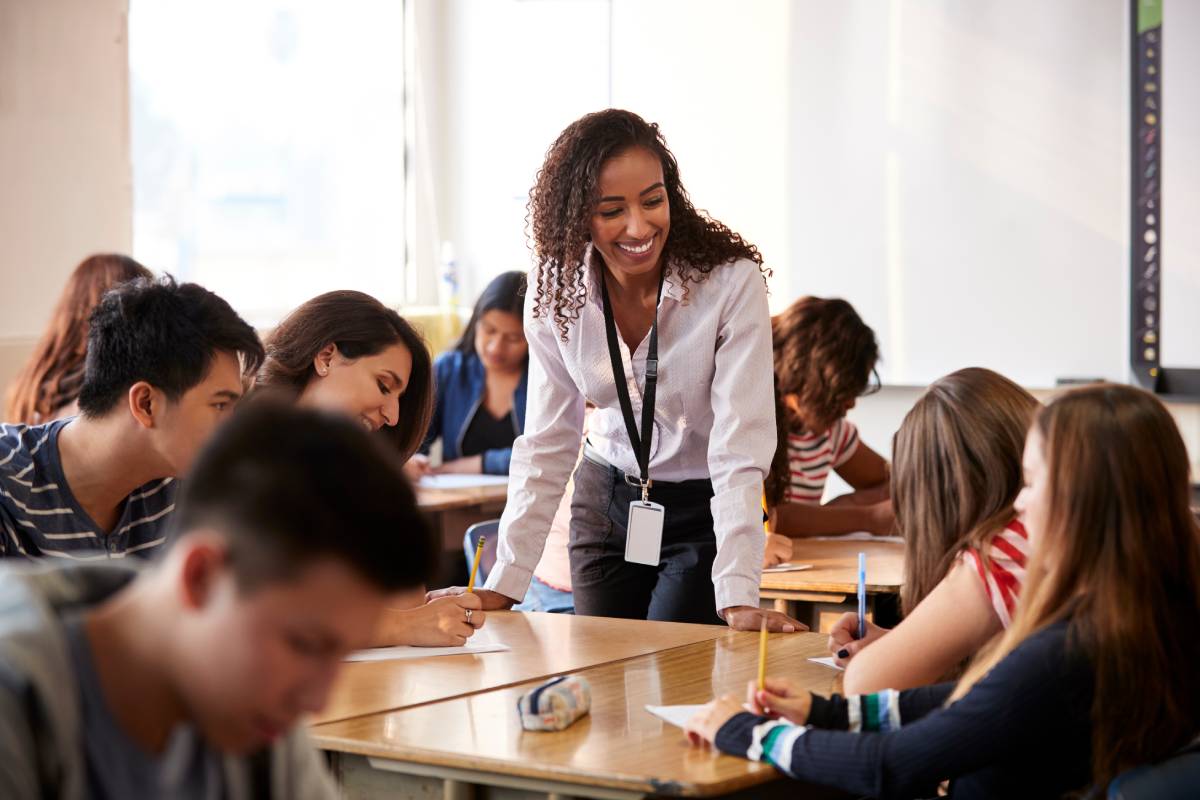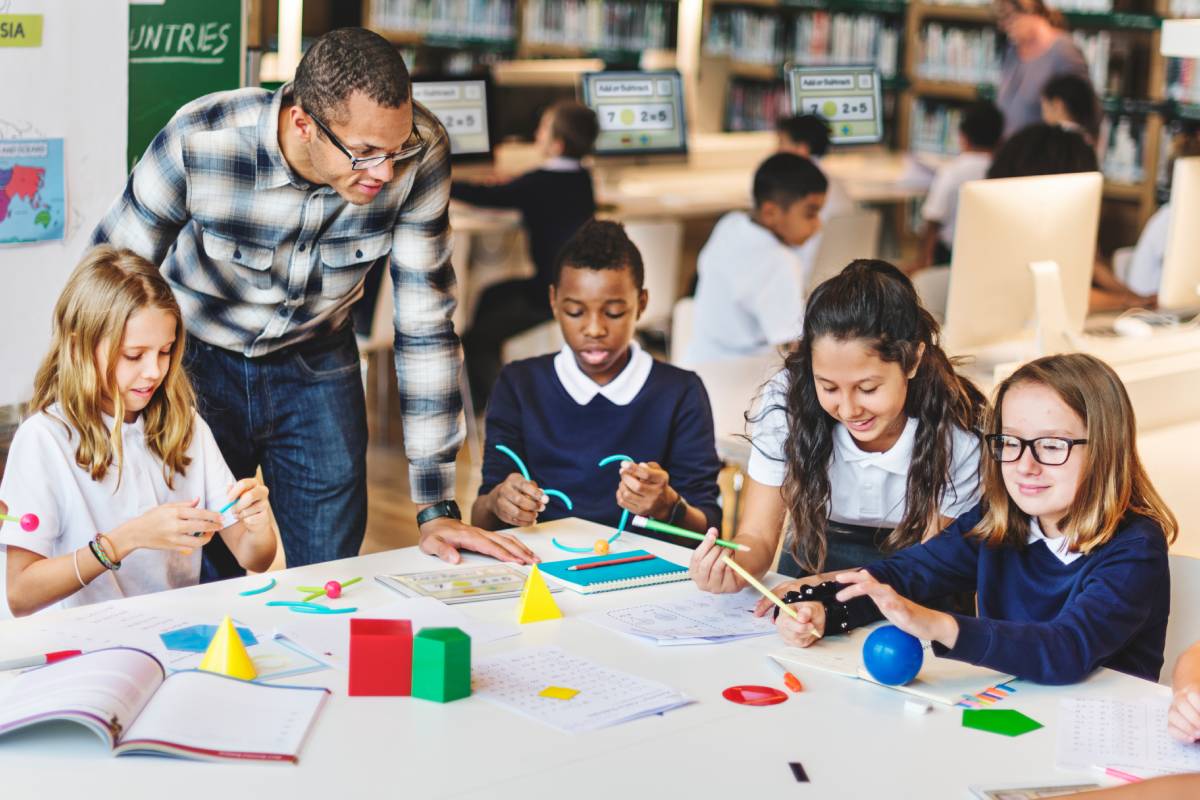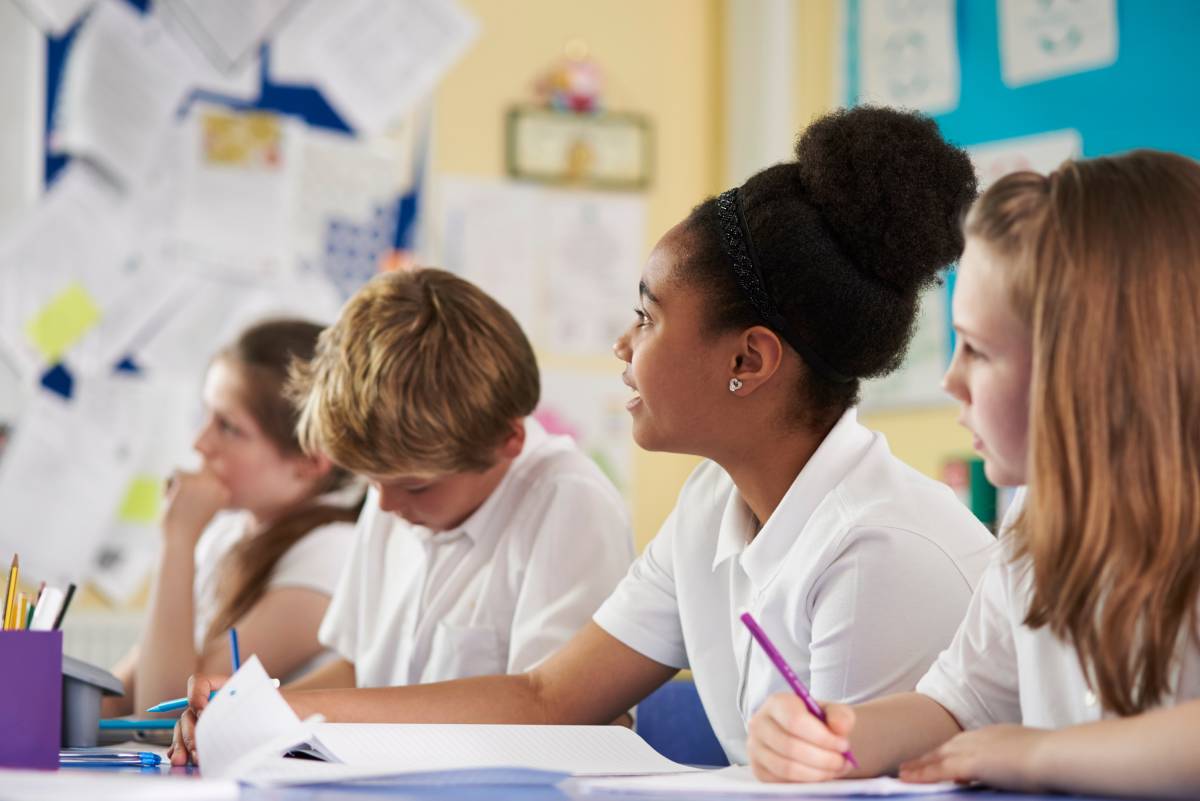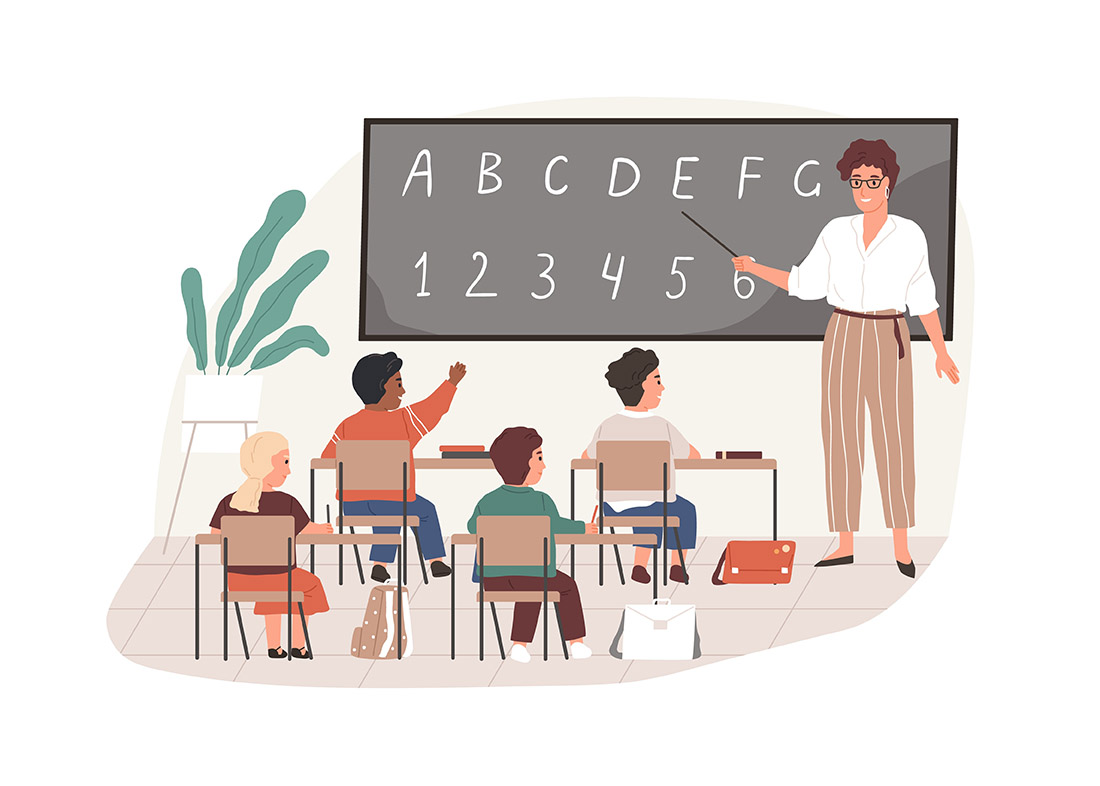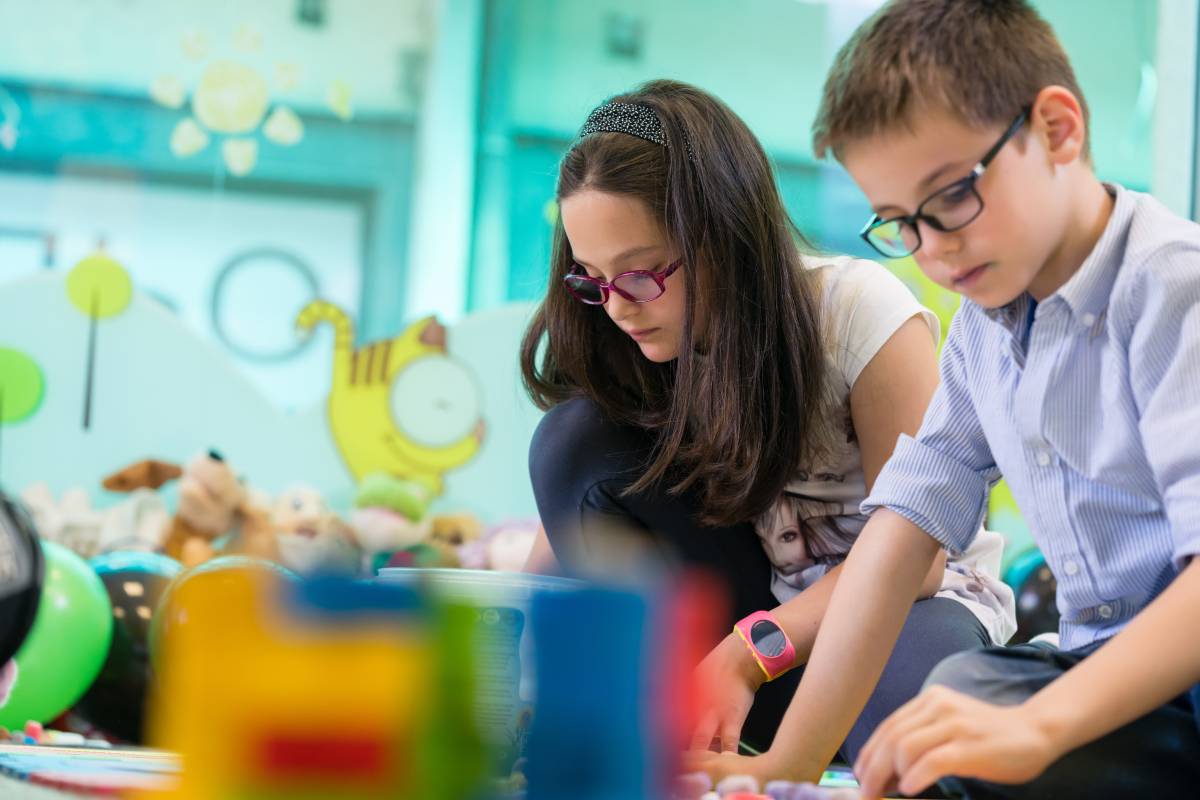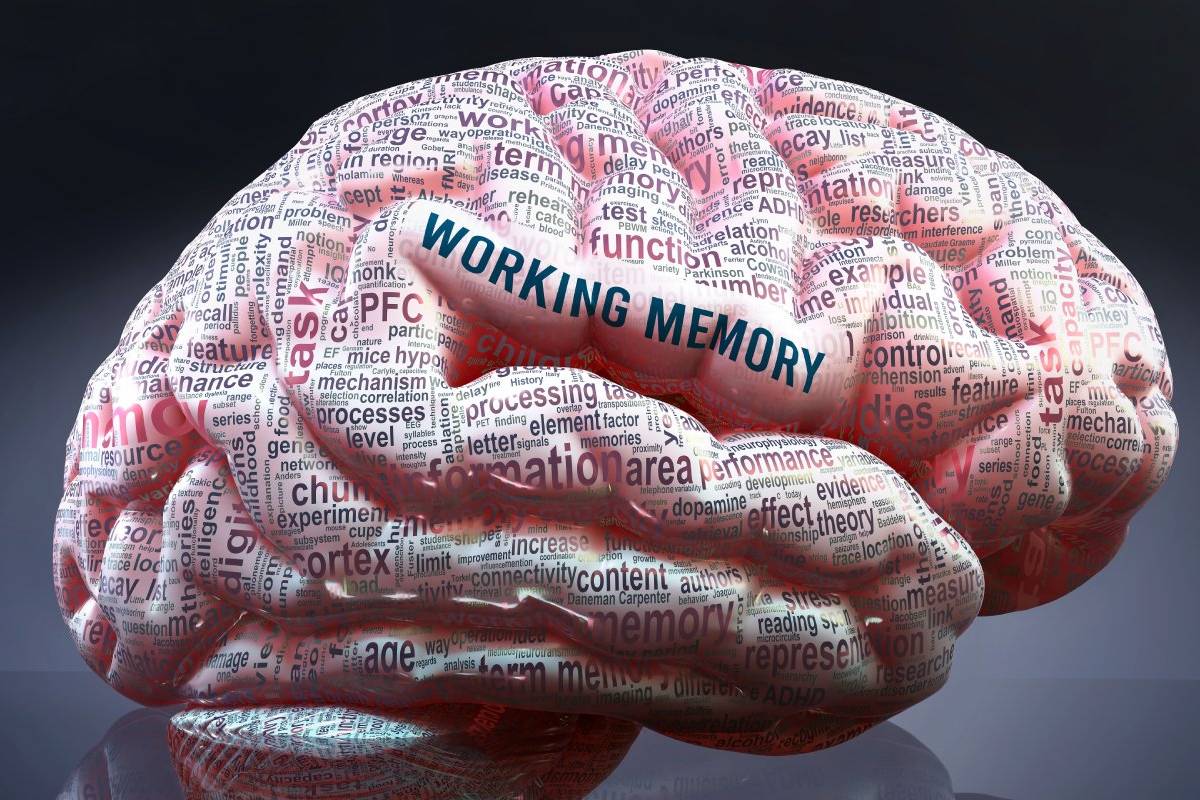Education should always include time to improve pupil communication as it is a vital life skill. Academic achievements alone are not enough for future success.
Teachers already understand that effective communication is essential and are well-positioned to help develop these skills in pupils. In this guide, we will share some ideas that can help improve pupil communication in your school.

